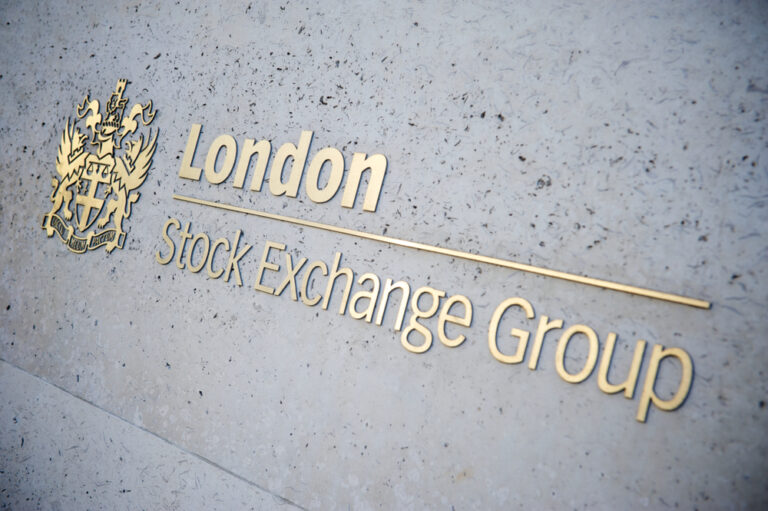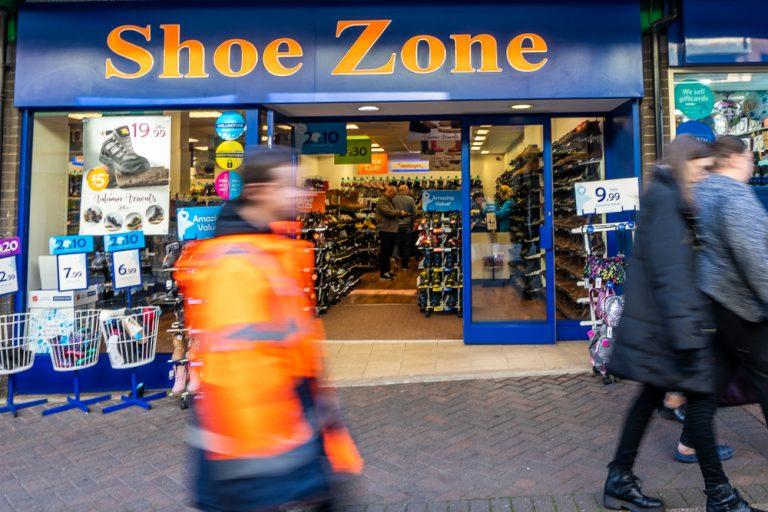Gabriel Sacks is Co-Manager of abrdn Asia Focus
There is a school of thought which holds that politics’ influence on investment decisions should be minimal and maybe even non-existent. What really matters, the argument goes, is the health or otherwise of individual businesses.
There is certainly a lot to be said for this view. As specialists in investing in Asian smaller companies, we pay extremely close attention to the unique strengths and weaknesses of each of the stocks we consider for inclusion in portfolios.
Ultimately, though, the bigger picture must count for something. Take South Korea, which Donald Trump’s least favourite newspaper, the New York Times, recently described as “lurching from one political crisis to another”1.
The turmoil began in earnest in December last year, when the country’s conservative leader, Yoon Suk Yeol, attempted to impose martial law. It was the first such move since South Korea became a democracy in 1987.
Faced with public outrage and protests, the National Assembly vetoed the imposition. The crisis eventually led to Yoon’s impeachment and removal. An early presidential election followed – but not before South Korean markets had suffered a sizeable slump.
The new president, Lee Jae-myung, represents the left-wing Democratic Party. A former factory worker and lawyer, he campaigned on a promise to increase spending, revive consumer confidence and expand the nation’s advanced manufacturing facilities.
Irrespective of whether your investment approach is primarily top-down or bottom-up, this is the sort of development that merits notice. Perhaps most importantly of all, it suggests South Korea’s Corporate Value-up initiative is alive and well.
A political and economic climate conducive to smaller companies
Corporate Value-up has its roots in Japan, where ambitious governance reforms have helped unlock shareholder value after decades of businesses determinedly hoarding cash. Several other Asian economies are now keen to follow the same path to investors’ hearts.
The idea centres on nothing less than what South Korea’s Financial Services Commission has described as “fundamental changes in our capital markets”2. It requires listed companies to raise dividends, buy back shares and emphasise shareholder-friendly policies.
Interestingly, larger entities might find it tougher – and could even be inherently less inclined – to achieve these goals. A key reason for this is the phenomenon of cross-shareholding, which is notably popular in Asia.
Cross-shareholding involves companies holding shares in their business partners. Long regarded as controversial, the practice is frequently underpinned by ownership models that are dominated by wealthy families with no incentive to disrupt the status quo.
At the lower end of the market-capitalisation spectrum, where our focus lies, the absence of such structures can encourage better stewardship. Yet the brightest prospects are seldom immediately apparent to the wider investment community, as South Korea’s smaller companies – like those throughout Asia – tend to be under-researched.
It is easy enough to illustrate this point. Many investors will be familiar with the likes of Samsung or Hyundai – often through ownership of their products – but most would struggle if challenged to name, say, two or three other South Korean businesses.
Local knowledge, an on-the-ground presence and direct engagement can therefore make a significant difference in the search for opportunities. This is how an investment team such as ours aims to identify hidden gems.
Strong management, continued innovation and long-term potential
Many of these companies fall into the category of “picks and shovels” investments – which is to say they are underappreciated yet vital engines of progress. This is most obviously the case in technology-related value chains.
Park Systems is a good example. It specialises in industrial-use atomic force microscopy, a high-resolution imaging technique that visualises and measures surface properties at the nanoscale level. Demand for its products is being driven by advances in fields such as semiconductors and biotechnology.
Similarly, Leeno Industrial is a classic behind-the-scenes enabler. It makes testing equipment for printed circuit boards and other components crucial to the hyperconnectivity that has come to define life in the 21st century.
Our South Korean holdings also include Hyundai Marine Solution, a stablemate of the aforementioned car manufacturer. An asset-light engineering services company that caters to the shipping industry, it has an aftermarket business that generates impressive recurring revenue.
We also like Classys, which operates in the burgeoning aesthetics arena. Its export markets currently include Japan and Brazil, with the US and Europe poised to follow. Revenues are growing at a rate of around 30% a year.
In our view, these businesses already demonstrate impressive governance. They have excellent management, a clear commitment to innovation and solid long-term growth potential. A renewed push for the Corporate Value-up programme should see other smaller companies follow suit.
The truth is that we would likely invest in such businesses even if South Korea were still in the throes of political upheaval. Now that calm has been restored, though, we believe their appeal is even greater than before.
Companies selected for illustrative purposes only to demonstrate the investment management style described herein and not as an investment recommendation or indication of future performance.
Important information
- The value of investments, and the income from them, can go down as well as up and investors may get back less than the amount invested.
- Past performance is not a guide to future results.
- Emerging markets tend to be more volatile than mature markets and the value of your investment could move sharply up or down.
- Investment in the Company may not be appropriate for investors who plan to withdraw their money within 5 years.
- The Company may borrow to finance further investment (gearing). The use of gearing is likely to lead to volatility in the Net Asset Value (NAV) meaning that any movement in the value of the company’s assets will result in a magnified movement in the NAV.
- The Company may accumulate investment positions which represent more than normal trading volumes which may make it difficult to realise investments and may lead to volatility in the market price of the Company’s shares.
- The Company may charge expenses to capital which may erode the capital value of the investment.
- The Company invests in smaller companies which are likely to carry a higher degree of risk than larger companies.
- Movements in exchange rates will impact on both the level of income received and the capital value of your investment.
- There is no guarantee that the market price of the Company’s shares will fully reflect their underlying Net Asset Value.
- As with all stock exchange investments the value of the Company’s shares purchased will immediately fall by the difference between the buying and selling prices, the bid-offer spread. If trading volumes fall, the bid-offer spread can widen.
- The Company invests in emerging markets which tend to be more volatile than mature markets and the value of your investment could move sharply up or down.
- Specialist funds which invest in small markets or sectors of industry are likely to be more volatile than more diversified trusts.
- Yields are estimated figures and may fluctuate, there are no guarantees that future dividends will match or exceed historic dividends and certain investors may be subject to further tax on dividends.
Other important information:
The details contained here are for information purposes only and should not be considered as an offer, investment recommendation, or solicitation to deal in any investments or funds and does not constitute investment research, investment recommendation or investment advice in any jurisdiction. Any data contained herein which is attributed to a third party (“Third Party Data”) is the property of (a) third party supplier(s) (the “Owner”) and is licensed for use with Aberdeen. Third Party Data may not be copied or distributed. Third Party Data is provided “as is” and is not warranted to be accurate, complete or timely. To the extent permitted by applicable law, none of the Owner, Aberdeen, or any other third party (including any third party involved in providing and/or compiling Third Party Data) shall have any liability for Third Party Data or for any use made of Third Party Data. Neither the Owner nor any other third party sponsors, endorses or promotes the fund or product to which Third Party Data relates.
The abrdn Asia Focus plc Key Information Document can be obtained here.
Issued by abrdn Fund Managers Limited, registered in England and Wales (740118) at 280 Bishopsgate, London EC2M 4AG. The company is authorised and regulated by the Financial Conduct Authority in the UK.
Find out more at aberdeeninvestments.com/aas or by registering for updates. You can also follow us on X, Facebook and LinkedIn.












